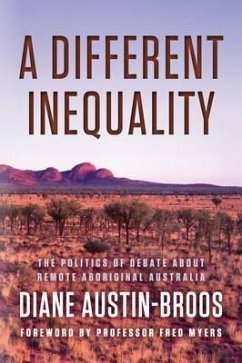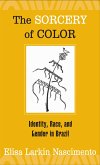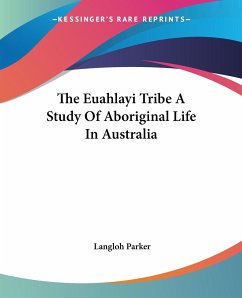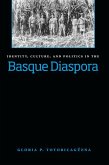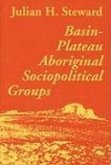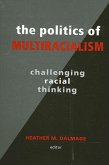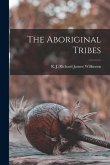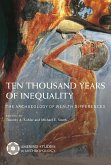An exploration of why both the right and left of politics have so failed remote Aboriginal Australians, and why until policymakers and researchers take into account both cultural difference and inequality, we will not come anywhere near closing the gap Great beauty is juxtaposed with seemingly endless grief in remote Aboriginal Australia. Communities which produce magnificent art and maintain ancient ways also face extremes of social stress. Why does our society seem to get it so wrong for remote Aboriginal communities? Why, despite decades of consultation and policy shifts, can't governments introduce initiatives that will really close the gap? Why do critics and scholars alike struggle to make sense of the situation? Diane Austin-Broos looks beyond the dire living conditions, lack of employment opportunities, misspent funds, and wrangles over resources, to ask where the obstacles really lie. Drawing on her extensive experience as an anthropologist, she identifies a polarization in the debate about these communities which leads to either ineffective policies or paralysis. She argues that until we find ways to acknowledge both cultural difference and inequality, we will not overcome this impasse. The way forward can't be a trade-off between land rights and employment, but needs to encompass both. This is a unique insight which will reshape not only the debate about remote Aboriginal communities, but also what happens on the ground.
Bitte wählen Sie Ihr Anliegen aus.
Rechnungen
Retourenschein anfordern
Bestellstatus
Storno

